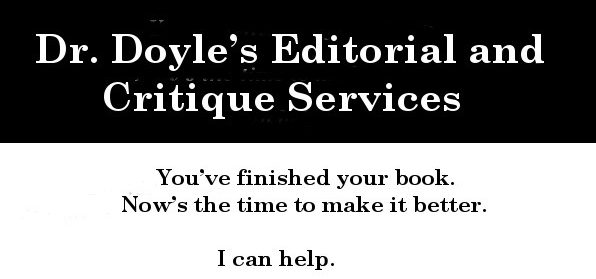Because I live in New Hampshire, and we’ve been getting pollsters and campaign phone calls at the rate of two or three a day, and four-color glossy political flyers from all of the declared candidates in every load of mail. We haven’t seen many candidates actually visiting up here in the North Country, though; I think Hilary got as far north as Berlin, and Bernie Sanders lives over in Vermont, so he doesn’t need to do much besides stand on the other shore of the Connecticut River and wave. The Republicans, on the other hand . . . this year, either they think they’ve got us all sewn up, or they’ve forgotten that we’re here.
Meanwhile, I can’t help thinking things. Like this:
Most of the time, a person who’s contemplating the acquisition of a house, or a refrigerator, or a new car tends to go about the process in a relatively thoughtful manner: they consider the amount of room in their budget, and their family situation, and their projected patterns of use before making the purchase; and only sometimes fall head over heels for the expensive model with the automatic icemaker out of a pure irrational lust for cold drinks in the middle of summer. You’d think we would approach the selection of our next president with something close to the same care, but we don’t. And I’ve decided that it’s because choosing a president is less like purchasing a home appliance than it is like choosing a spouse . . . we don’t want to be reasonable about it (although we should be), we want to fall in love.
And this is why people go off and do things like eloping with the chauffeur voting for a third party candidate with a single-issue platform and no chance of actually winning: The main candidates make them feel like they’ve been promised they can pick their own future spouse – just so long as they pick one of the two unattractive prospects their parents have already approved.

